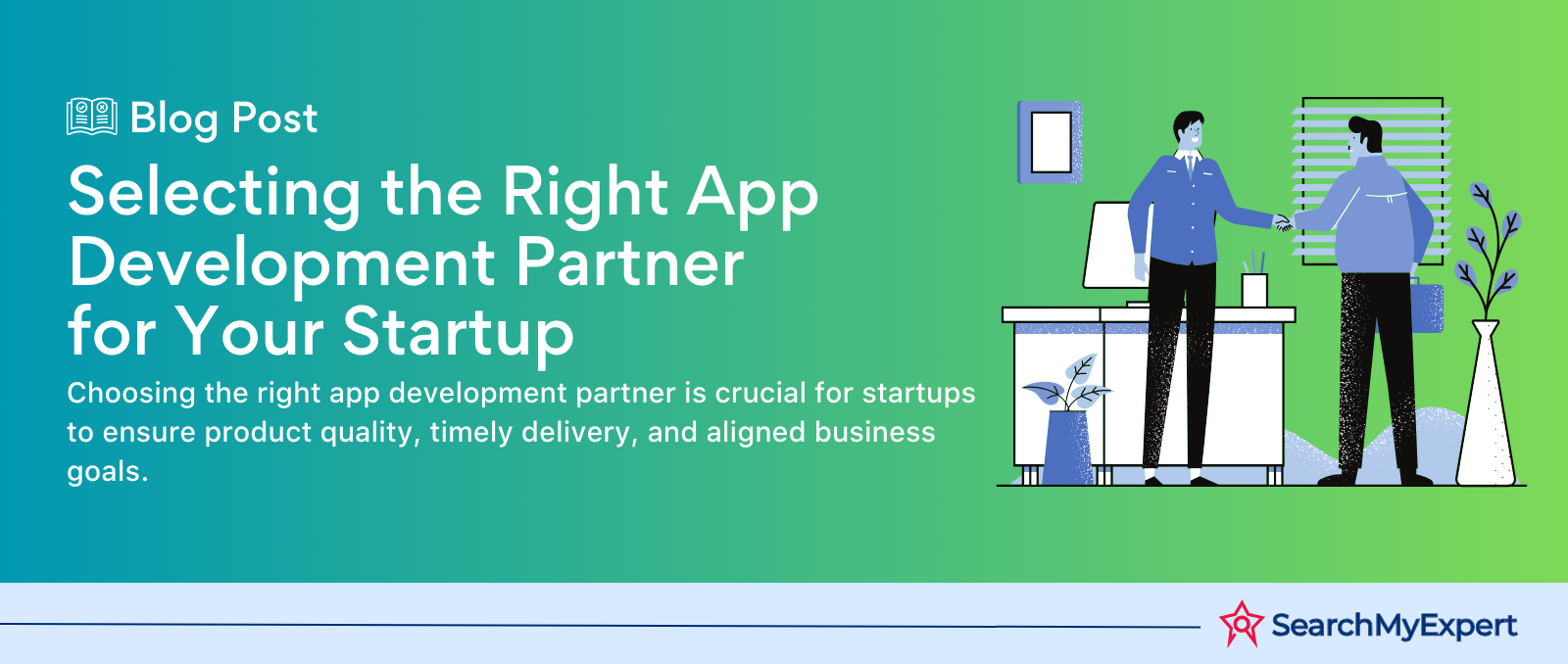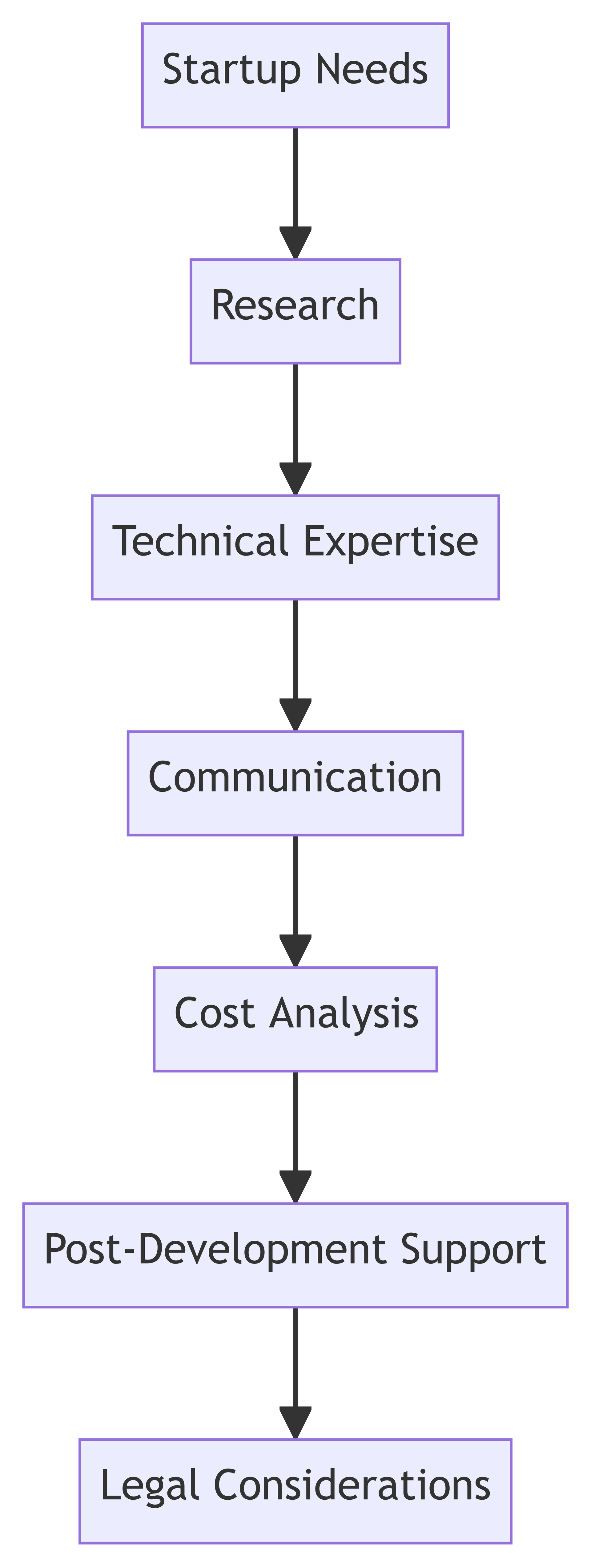Selecting the Right App Development Partner for Your Startup

Understanding Your Needs and Goals
Assessing the scope of your project: Before you even begin the search for a development partner, it's crucial to have a clear understanding of what you want. This involves determining the features, functionalities, and user experience you envision for your app. A well-defined scope will not only guide your search but also help potential partners provide accurate estimates.
Defining the technical requirements: Depending on your app's purpose, you might need specific technologies or platforms. For instance, if you're building a gaming app, you might require advanced graphics capabilities. Or, if it's an e-commerce app, secure payment gateways would be essential.
Setting a budget and timeline: Every startup has financial constraints. Determine how much you're willing to spend on app development. Also, set a realistic timeline, keeping in mind that quality work might take time.
The graph below Showing what a startup requires to get started

Research and Shortlisting
Seeking recommendations and referrals: One of the most reliable ways to find a trustworthy partner is through recommendations. Speak to fellow entrepreneurs or industry peers who've had apps developed.
Online research: In today's digital age, a company's online presence can tell you a lot. Look for reviews, portfolios, and case studies. Websites like Clutch or GoodFirms can provide insights into a company's reputation and work.
Industry reputation and awards: Awards and recognitions can be a testament to a company's expertise and quality of work. However, always ensure these accolades are from reputable institutions.
Technical Expertise and Experience
Evaluating their technology stack: Ensure the company is proficient in the technologies required for your app. This could range from programming languages to database management systems.
Checking their experience: A company that has experience in your industry or niche will likely understand your needs better. They'll be aware of the common challenges and best practices.
Reviewing past projects: Past projects can give you a glimpse into their quality of work. Look for client testimonials or even reach out to their past clients for feedback.
Communication and Collaboration
Assessing their communication style: Effective communication is key to a successful partnership. Ensure they're responsive and open to feedback.
Understanding their project management tools: Tools like Trello, Jira, or Asana can streamline collaboration. Familiarize yourself with their tools to ensure smooth project tracking.
Ensuring cultural and time-zone compatibility: If you're considering offshore development, be aware of time-zone differences. Also, ensure there's no significant cultural barrier that might hinder communication.
Cost and Value Proposition
Understanding their pricing model: Some companies might charge hourly, while others might have a fixed price. Understand the pros and cons of each to make an informed decision.
Evaluating the cost-to-value ratio: The cheapest option isn't always the best. Consider the value they bring in terms of expertise, technology, and post-development support.
Hidden costs: Be wary of any hidden costs. Ensure all potential expenses are discussed upfront.
Post-Development Support and Maintenance
Availability for updates and bug fixes: Post-launch, your app might require updates or face unforeseen issues. Ensure your partner is available for such contingencies.
Training and documentation: Especially if your app is complex, you might need training to manage it. Ensure your partner provides comprehensive documentation and training if required.
Long-term partnership potential: Building an app is not a one-time affair. As your startup grows, your app will need to evolve. Consider if the company can be a long-term partner in this journey.
Legal and Contractual Considerations
Intellectual property rights: Ensure you retain the rights to your app's code and design. This is crucial for future modifications or scaling.
Termination clauses and dispute resolution: Understand the terms under which the contract can be terminated. Also, have a clear dispute resolution mechanism in place.
Payment terms and conditions: Be clear about payment milestones. Avoid paying the entire amount upfront. Instead, opt for a phased payment plan based on deliverables.
Lead the Charge with the best Mobile App Development Companies
by your side.
share this page if you liked it 😊
Other Related Blogs

Mastering Docker for App Development: A Comprehensive Guide to Benefits, Use-Cases, and Alternatives
STAY UP TO DATE
GET PATH'S LATEST
Receive bi-weekly updates from the SME, and get a heads up on upcoming events.
Contact Us











